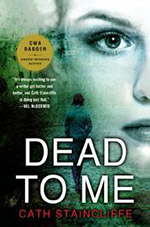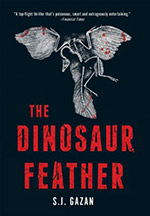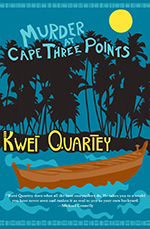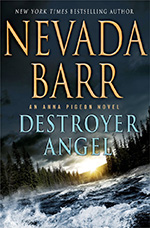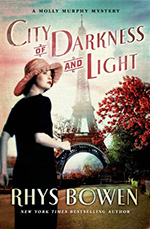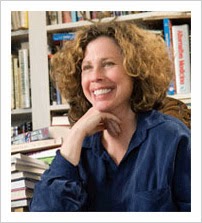Brett Halliday: Murder Is My Business
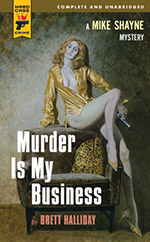 Hard as it is to believe, there’s a detective out there who has been the protagonist in novels that sold over 30 million copies, starred in hundreds of short stories, radio shows, movies, a television series, had his own digest magazine that lasted almost 30 years, and who at present has exactly one book in print. His name is Mike Shayne, his creator was Brett Halliday and I’ll wager that many of you have never heard of him, much less read any of his books.
Hard as it is to believe, there’s a detective out there who has been the protagonist in novels that sold over 30 million copies, starred in hundreds of short stories, radio shows, movies, a television series, had his own digest magazine that lasted almost 30 years, and who at present has exactly one book in print. His name is Mike Shayne, his creator was Brett Halliday and I’ll wager that many of you have never heard of him, much less read any of his books.
I’d seen copies of Shayne paperbacks around, but it wasn’t until one of our faithful book scouts brought in (literally) a boxful of them that I really examined the phenomena. At first I was drawn to the covers, the early ones by master pulp artist Robert McGinnis, little paintings with a dramatic title like Violence Is Golden superimposed over a vivid image of a lush babe, work that if presented in a museum could easily pass for Pop Art. The later covers were much less art and much more camp, the kind of ridiculously posed photographs of random models that were inexplicably popular in the 70s and 80s.
